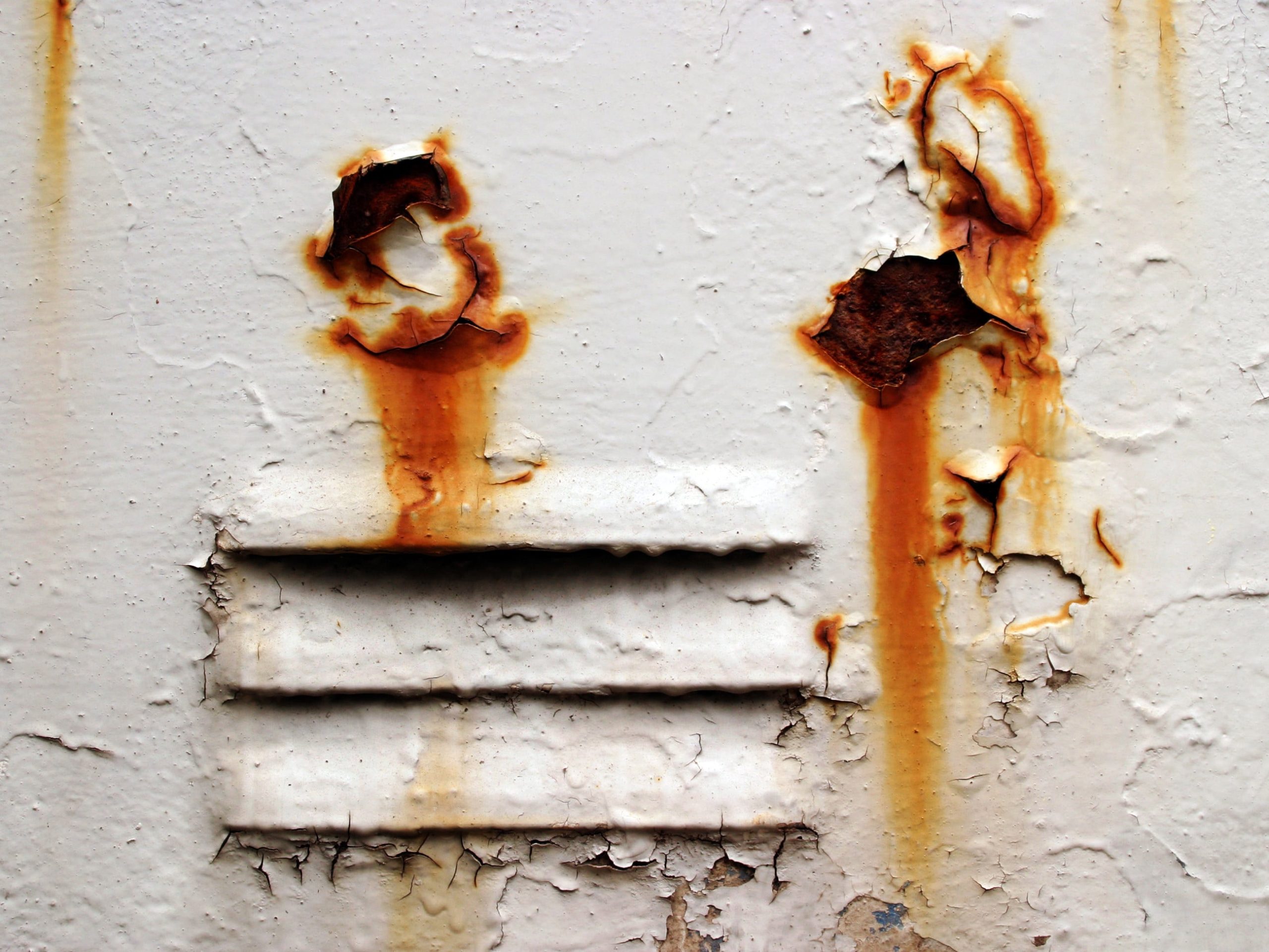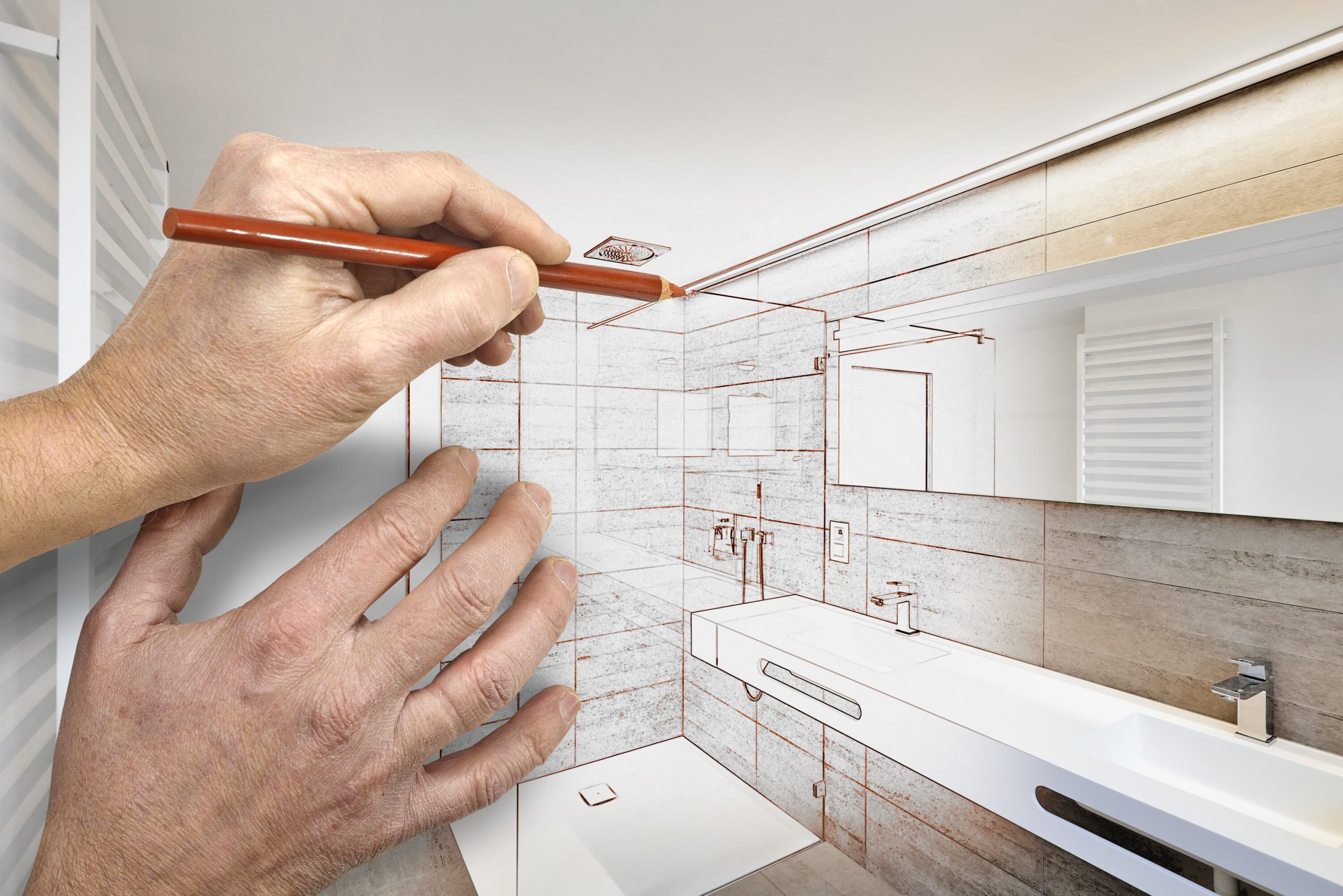
Improving Your Home’s Air Quality to Prevent Coil Corrosion
Did you know that certain chemicals in your home’s air can cause the corrosion of your air conditioner or heat pump’s coils? What about humidity?
Every time the inside air from your home passes over the coils in your HVAC system, it can leave behind substances that have the power to slowly eat away at the coils over time. Therefore, improving your home’s air quality can not only help you to breathe easier, but also help to extend the life of your HVAC system.
See Also: Six Simple Steps to Help Your Air Conditioner Work Better
What is Coil Corrosion?
Corrosion is the process by which metals react with substances in their environment. This causes the metal to deteriorate and break down. The most common example of corrosion that we see every day is rust. Rusting occurs when iron reacts with oxygen in the presence of water. But that’s not the only kind of corrosion.
The types of corrosion most often seen in air conditioner coils are pitting and formicary. Pitting corrosion occurs when metal reacts with fluoride or chloride. Tiny pits form in the coils, which eventually get deeper and turn into pinhole leaks. If you need your refrigerant recharged, this could be why.
Formicary corrosion can also eat away at your air conditioner’s coils. This type of corrosion requires moisture and organic compounds that chemically react to produce acids. Formicary corrosion creates microscopic tunnels through the coils, which can lead to leaks and ultimately to the entire coil needing to be replaced.
See Also: Refrigerant
How Does Indoor Air Quality Affect Corrosion?
When warm inside air passes over the air conditioner’s evaporator coils, the air’s temperature suddenly drops. This causes the water in the air to condense on the coils. This is a normal part of the air conditioning process—dehumidifying the air as well as cooling it.
The problem is that if there’s too much water in the air. It can lead to more water on the coils than can be quickly drained away. If there are other chemicals in the air, they can also end up on the coils along with the water.
Pitting corrosion generally comes from outdoor sources and affects the outdoor coils rather than the indoor ones, but some detergents and other cleaners used in the home may contain chlorine. If that chlorine is in the air—think of how the smell of bleach lingers after you scrub a bathroom—then it could end up on the evaporator coils.
But the biggest culprits for causing indoor coil corrosion are humidity and chemicals that cause formicary corrosion. In general, most types of corrosion reactions require water as a necessary ingredient. Overly humid air provides plenty of water to fuel corrosion.
As for the chemicals, the organic compounds that cause formicary corrosion can be found in many common household products. Ever heard the term VOC? It stands for volatile organic compounds. According to the US Environmental Protection Agency, VOCs are gases found in high concentrations inside many homes, where they can cause health problems in addition to HVAC system damage.
VOCs can come from building materials, paint, and carpet, but also from products that we often choose to use in our homes, like room deodorizers, scented candles, and household cleaners. Ironically, some of these are products that we use to “freshen” the air—by polluting it!
When these VOCs pass through the air conditioner, they can accumulate on the coils and lead to corrosion, especially if they’re accompanied by high humidity.
See Also: Humidity
Preventing Corrosion by Cleaning the Air
So how can you help to prevent coil corrosion? One big step is humidity control. If you tend to have issues with the humidity in your home being over 45-50%, you definitely need to look into a whole-home dehumidifier. (If you don’t know how high the humidity is in your home, we can come measure it for you!)
By taking the humidity out of the air, you’ll be removing much of the “fuel” needed for corrosion. And dehumidifying won’t just help prevent corrosion. High indoor humidity can also lead to organic growth and damage to wood floors and furniture. Plus, it makes your home less comfortable. So humidity control is a win-win-win.
See Also: Air Cleaner, Filtration, Humidity Control
Another measure to consider is whole-home air purification. Some whole-home air cleaners may be able to remove VOCs from the air. But the real advantage is that the whole-home air cleaner will actually remove bad odors. That way you won’t be so tempted to cover them up with deodorizers and scented candles.
This can be particularly helpful for homes with pets or smokers. By using a whole-home air cleaner, you can keep your home’s air smelling fresh without adding any chemicals that might lead to coil corrosion over the long-term. And the air cleaner itself may help to remove chemicals from other sources that could be contributing to corrosion.
Ultimately, improving the quality of the air in your home can improve your health and comfort, and it can also help to extend the lifespan of your HVAC system by preventing coil corrosion.


